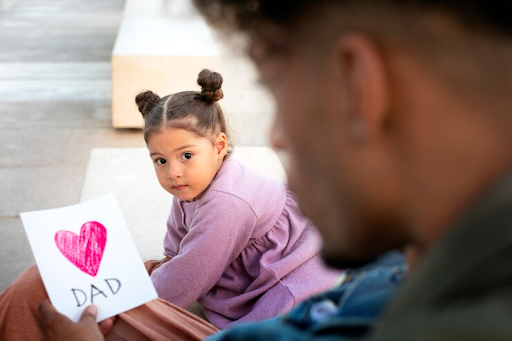
Children who grow up in foster care experience certain difficulties that may affect their growth and other aspects of their lives. What is more important, guaranteeing that these children receive proper care and all the support they need to become successful in the future.
This article gives useful recommendations to caregivers, educators, and social workers on how they can improve the development results of foster children, which shall be made to enable them to foster proper growth and development.
1. Provide a Stable and Supportive Environment
Security is another crucial domain since foster kids need stable environments to thrive in the care of foster families. Stability in homes, schools, and caregivers cannot be overstated since the lack of these leads to the following. Cohesiveness, structure, and predictability are important facets of stability in that caregivers must be reliable, responsive, and attentive. Children must be smoothly transitioned with as little disruption as possible regarding multiple placements and erratic connections to any significant adult figure.
2. Promote Emotional and Mental Well-Being
Culturally, children under foster care face various emotional and psychological values that may appear as a result of the effect of trauma. Since their mental growth is part of their personal development, it is important to address their mental health status. For instance, access to counseling/mental health services, education and awareness of staff in identifying potential warning signs, and the promotion of a child-friendly climate, where a child is free to share a word or two about his or her feelings.
3. Support Educational Achievement
Social education is known to play a big role when it comes to fostering the needs of foster children. That is why it is so important that they should be properly taught at preschool or school and be provided with all necessary support, as this can influence their future possibilities. This involves being involved in decisions related to education such as seeking an appropriate educational placement, supervising tutoring, monitoring attendance at school, and encouraging the child to report on their achievements.
4. Encourage Social and Recreational Activities
They get stimulated through social and recreational services since this assists them in developing vital social relationships and provides them with normalcy. With quality foster parenting, it may be helpful to encourage the child to participate in sports and other clubs and also in any activities that they may be involved in to help them develop good relations with peers. This also encompasses supporting interests and passions that would be beneficial for one to engage in to keep their mind off unwanted issues.
5. Facilitate Healthy Attachments and Relationships
Creating positive and strong bonds with various adults is a crucial stage for fostering kids’ psycho-emotional development. Granny-tenders and social workers performing child care services should ensure that they bond with such children profoundly. This involves being present for them, available to them, as well as embracing and encouraging those kids to have positive contact with their birth families when needed and safe.